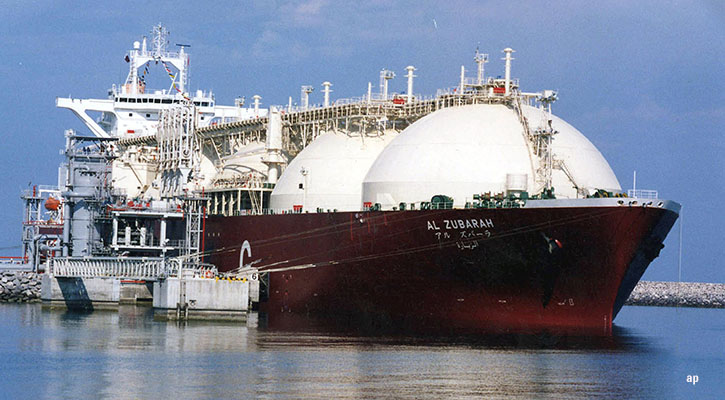Top news of the week
Now the focus is on inflation after China reports an 8.7% GDP growth
rate for 2009
China released a flurry of economic data on Thursday, which point to a strong economic recovery in 2009. The Chinese economy, as measured by gross domestic product, grew by 8.7% for the full year and by 10.7% in the fourth quarter, fuelled by an ambitious stimulus package sponsored by the government and a flood of bank loans. Clearly the economic expansion in the past year was driven by fixed asset investment and consumption, which rose by 30.1% and 15.5% respectively. Meanwhile, the traditional growth engine, exports, took a back seat. Although exports rebounded strongly in December, up by 17.7% year over year, the recovery was too little and too late to reverse the full year trend. For the whole year of 2009, exports went down by 30.5% year over year, while trade surplus shrank by 33% from the 2008 level.
Now that recession seems to have faded from public discussion in China, inflation risks quickly emerged as the new topic of concern. Indeed, the market already smelled trouble after the release of December retail and wholesale price data, which suggested that inflation will become a concern for policy-makers as well as for business owners earlier than many had anticipated. The consumer price index (CPI) rose by an unexpectedly high 1.9% in December, after a mild increase of 0.6% in November, the first time the index turned positive since January 2009. The "culprit" was food prices (a third of the index), which were pushed up by more than 5% in December due to harsh weather conditions across China. The wholesale price index moved up by 1.7% in December, the first increase in more than a year.
The government started to manage inflation expectations in late 2009, by changing its tone on monetary policy to "moderately loose" for 2010 and nudging large banks to restrain from too much lending. The messages from the policy makers have become increasingly loud and clear into the new year, as the government started to tighten monetary supply by raising bank reserve ratio and rates on 3-month and 1-year central bank bills. Banking regulators have repeatedly said the lending quota for 2010 is set at CNY 7.5 trillion, down from CNY 9.6 trillion, the total value of loans given in 2009, and threatened to further raise the reserve ratio for banks that continue to give out loans aggressively. However, banks resumed their lending spree as soon as the new year started, reportedly giving out a total of CNY 600 billion in the first week of 2010 alone. This is higher than the total loans given out in each of the months from July through December of 2009. Regulators denied reports that they had raised reserve ratio for banks that were the worst offenders in excessive lending so far in 2009, but we have little doubt that if banks still refuse to toe the government line, tougher tightening measures will follow in earnest in the near future.
Market recap
Despite strong economic data for 2009, investors were rattled by news of
banking regulators reportedly ordering banks to stop lending for the
rest of January after new loans grew rapidly in the first two weeks.
Inflation concern also grew after higher-than-expected retail and
whole-sale price data for the month of December were released. The
Shanghai Composite Index dropped 3.0% to 3,129 points, while the
Shenzhen Composite Index decreased 5.0% to 12,596.
Macro and industry updates
China plans to launch ETFs of Hong Kong-listed stocks in 2010
The exchanges in Shanghai and Shenzhen are both working on such ETF products that focus on a basket of Hong Kong-listed Chinese stocks as well as on the Hang Seng Index, the benchmark index in Hong Kong. These ETFs, expected to get regulatory approval this year, should allow investors on the Chinese mainland access to the Hong Kong stock market that has previously been closed to them.
More than 50% of Chinese oil demand met with imports in 2009
This was confirmed by a senior official from the National Development and Reform Commission (NDRC), China's top energy regulator. China imported an estimated 204 million tons of crude oil in 2009, up 14% from the year before. These imports accounted for about 52% of total consumption in the year, according to the official.
China reports 747 million mobile subscribers after adding 106 million in 2009
This indicates a mobile penetration rate of roughly 55%, up from 48.5% at the end of 2008, but the rate is significantly lower than that in Japan, Korea, Hong Kong or Singapore. China Mobile still dominates with 522 million users, but its market share shrank to 69.8% from 74% reported in 2008. Broadband access users rose by 20.3 million in 2009 to 103.2 million, up by 48%.










:quality(80)/cloudfront-us-east-1.images.arcpublishing.com/morningstar/MNPB4CP64NCNLA3MTELE3ISLRY.jpg)












